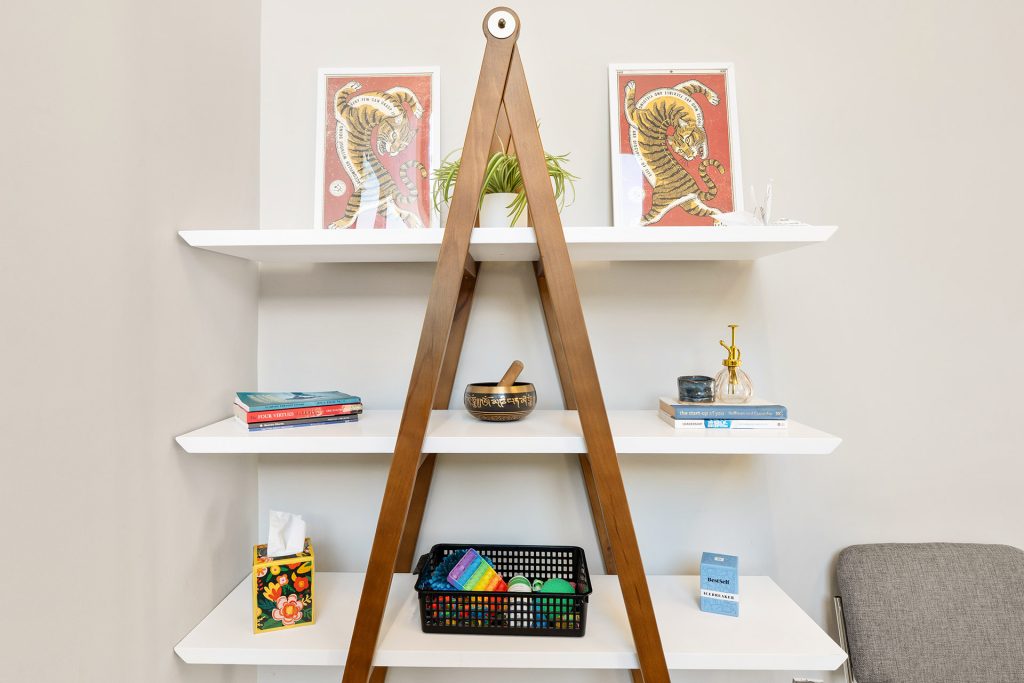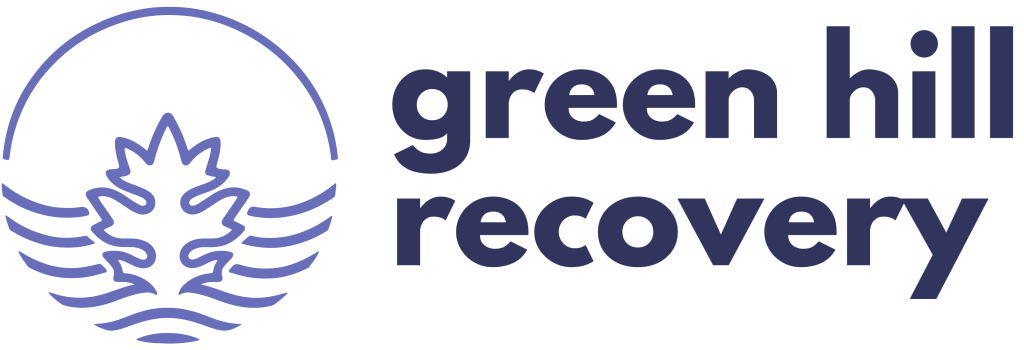Dual Diagnosis Treatment
When You’re Ready, We’re Here to Help
New Patient Form
Dual Diagnosis
Substance use disorders rarely happen in isolation.
More often, they occur alongside mental health struggles, with each condition feeding into and worsening the other.
When substance use and mental health challenges happen together, it’s known as a dual diagnosis.
Many people turn to substances as a way to cope. In the short term, this might numb distress, quiet mental health symptoms, or ease stress. But there’s a downside: when the effects wear off, the stress and symptoms often return even stronger. This can lead to increased substance use, creating a vicious cycle that’s difficult to break without help.
Because of the relationship between mental health and substance use, it is best to treat them together at the same time.


Mental Health Conditions in Dual Diagnosis
Common Disorders in Dual Diagnosis:
- Depression – Persistent feelings of sadness, hopelessness, and loss of interest in daily activities.
- Anxiety Disorders – Ongoing worry, panic attacks, and heightened stress responses.
- Bipolar Disorder – Cycles of depressive episodes and manic or hypomanic episodes marked by high energy, impulsivity, or irritability.
- Post-Traumatic Stress Disorder (PTSD) – Flashbacks, nightmares, and heightened emotional responses following trauma.
- Attention-Deficit/Hyperactivity Disorder (ADHD) – Difficulties with focus, organization, and impulse control.
- Personality Disorders – Conditions like borderline or antisocial personality disorder that can contribute to unstable moods, relationships, or behaviors.
- Obsessive-Compulsive Disorder (OCD) – Intrusive, unwanted thoughts paired with compulsive behaviors aimed at reducing distress.
Effective dual diagnosis treatment requires integrated care. A therapist trained in both addiction and mental health, paired with a psychiatrist who understands how medications affect each, creates a coordinated approach that makes recovery more sustainable.
Our Dual Diagnosis Treatment
We bring together a team of psychiatrists, therapists, family therapists, and coaches who all understand the challenges of dual diagnosis.
Because everyone works on the same team, Green Hill Recovery is a true “one-stop shop” for both mental health and addiction treatment. This makes care easier and more consistent. You and your providers can build strong relationships and continue working together for as long as you need.
Some people come to Green Hill Recovery needing only therapy and help with finding the right medications. Others may benefit from more structured support like our Partial Hospitalization Program (PHP) or Intensive Outpatient Program (IOP).
. The benefit of being here is that you can access the right level of care when you need it, at any stage of your recovery.
What We Offer for Dual Diagnosis Treatment
- Psychiatry and medication management
- Individual, group, and family therapy
- Coaching and mentorship
- Family support services
- Partial Hospitalization Program (PHP)
- Intensive Outpatient Program (IOP)
- Recovery Support Groups
How to Get Dual Diagnosis Help
If you’re wondering whether Green Hill Recovery might be the right fit, the next step is simple and low pressure.
We start with a brief conversation to learn what you’re going through and how we can help. This can be done in whatever way works best for you: over the phone, in person, or through video.
After we’ve talked, we’ll walk you through your options and help you decide what feels like the best path forward. No obligation and no pressure.
You can call us, fill out a New Patient Form, or email our team. We’re here when you’re ready to take the next step.
